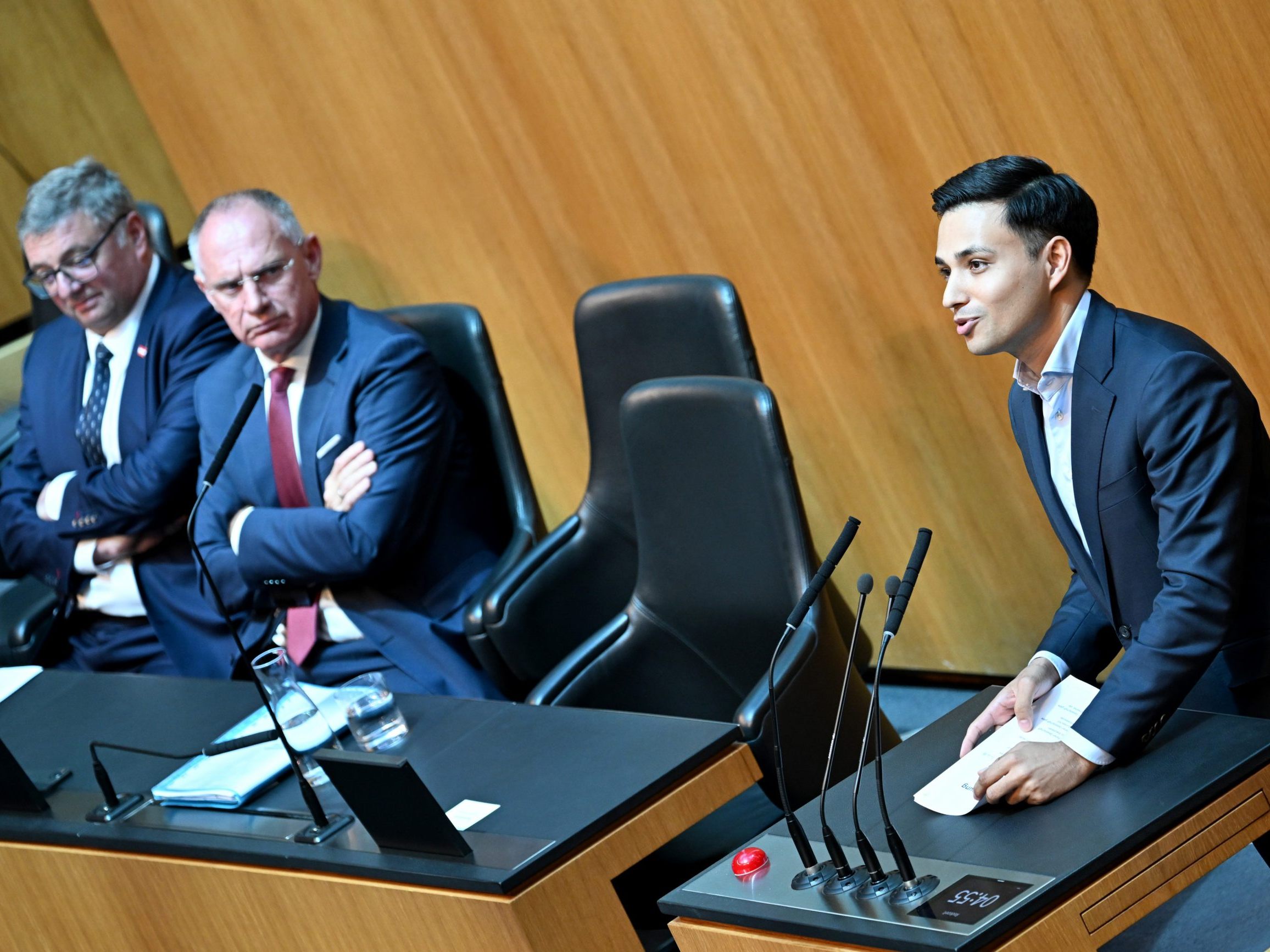Despite Headwinds: National Council Enables Messenger Surveillance

There was resistance not only from the FPÖ and the Greens, but also within the coalition. NEOS representative Nikolaus Scherak and club colleague Stephanie Krisper voted against the proposal. This will make it possible for state security to read both unencrypted and encrypted messages on messenger services like WhatsApp or Signal in the future.
This, of course, only applies to a very limited type of cases. Messenger surveillance can be used in cases that indicate terrorist and constitution-threatening activities. It would also be possible to use it in cases of espionage. In principle, the authority for messenger surveillance can only be ordered for a duration of three months, although an extension is possible. Several approval levels are built in before application. Central roles are played by the legal protection officer and the Federal Administrative Court.
The FPÖ recognized "surveillance fantasies" of the Ministry of the Interior in the proposal. Security spokesman Gernot Darmann saw the unconstitutional use of "citizen spying software." He suspects that people like critics of the Corona measures are the actual target group of the surveillance. Member of Parliament Michael Schilchegger sees less security instead of more security for the citizens. He referred to the security gaps through which the surveillance would function. These should instead be reported to the operators to close them, Darmann said.
Greens Consider Going to Constitutional Court
Former Justice Minister Alma Zadic (Greens) emphasized that her party, unlike the SPÖ and NEOS, had successfully resisted messenger surveillance in the government for five years. Her club colleague Süleyman Zorba said that when such surveillance is used, it is not a question of whether abuse will occur, but when it will occur. He also doubted that only individual contents could be technically monitored, but assumes that there will be access to all mobile phone contents. The Greens are considering going to the Constitutional Court (VfGH). Zadic stated: "A restriction of freedom has never led to more security."
The NEOS were visibly uncomfortable with their approval. Club chairman Yannick Shetty made it clear at the beginning of his speech that messenger surveillance is "not a flagship project of NEOS." However, after the review, it was still possible to introduce many improvements in legal protection. An expansion of surveillance, as advocated by the executive and judiciary for other criminal offenses, was ruled out by the NEOS. They will "not go a single millimeter further," emphasized Secretary General Douglas Hoyos. Shetty expressed understanding for Scherak, who rejected the proposal: "I respect his opinion, even though we came to a different conclusion in an overall assessment." Despite the rejection by the two NEOS representatives, the proposal had a clear majority with 105 yes to 71 no votes.
Messenger Surveillance "Ultima Ratio" for Leichtfried
Interior Minister Gerhard Karner (ÖVP) was relieved. Today is a special day for security, for the police, and especially for state security. The executive is already allowed to open letters and monitor landline phone calls. However, terrorists no longer use these means of communication, but rather messenger services, which is why the surveillance option is needed. ÖVP security spokesman Ernst Gödl said it is the duty of the legislator to put a stop to those who want to endanger the liberal democracy and freedom in prosperity.
For State Secretary Jörg Leichtfried (SPÖ), messenger surveillance is the "ultima ratio" when nothing else would help. The goal is for those who attack the open society to feel less secure in the future. SPÖ security spokesman Maximilian Köllner accused the FPÖ of only making political small change instead of offering political solutions. He emphasized the "extremely strict" regulation that comes into play with the use of messenger surveillance: "Every mouse click must be documented."
(APA/Red)
This article has been automatically translated, read the original article here.





